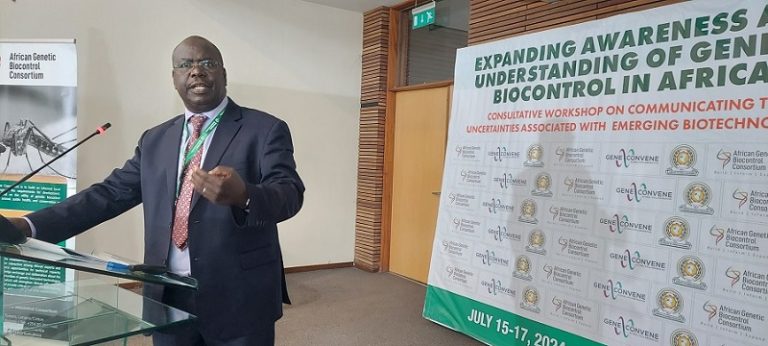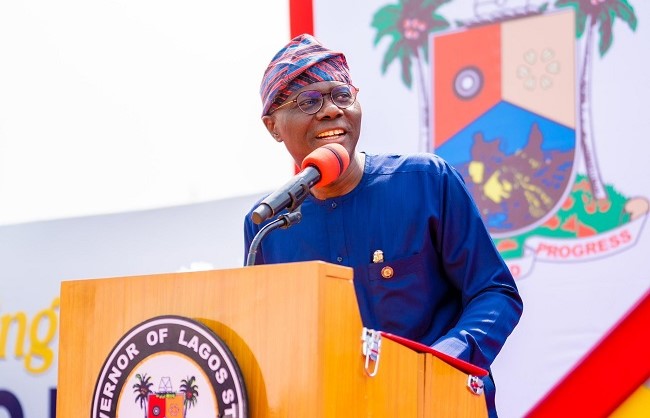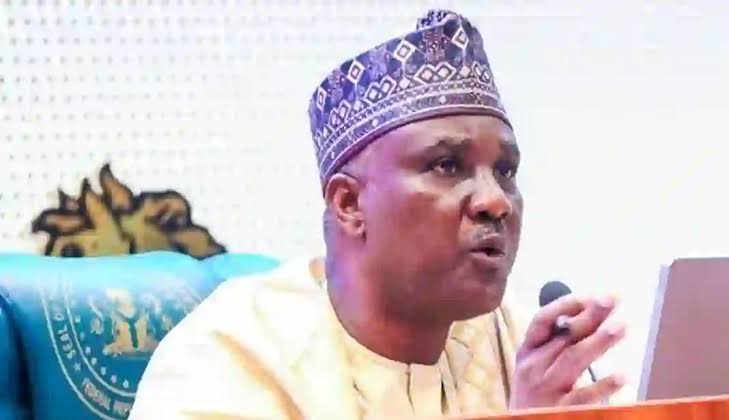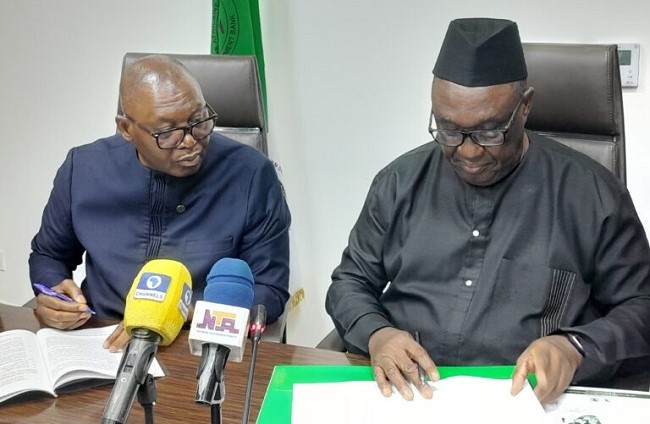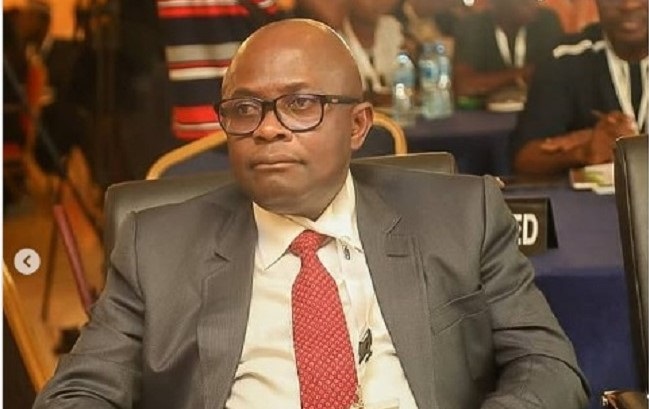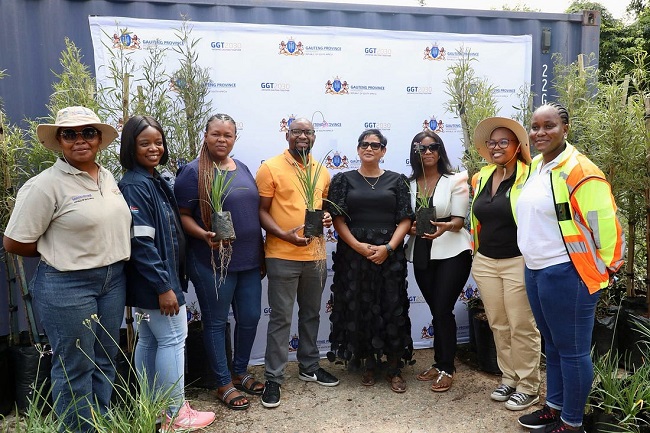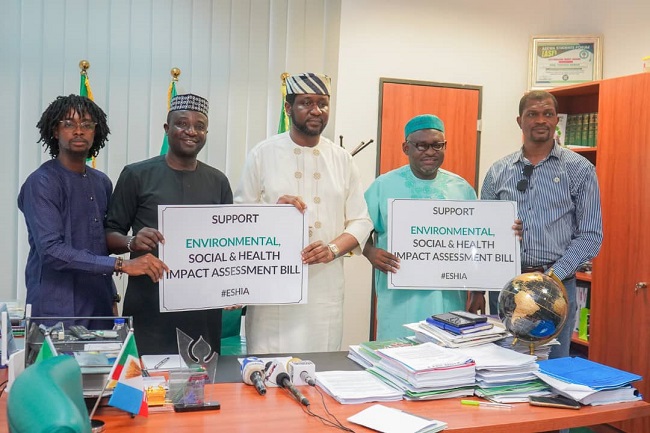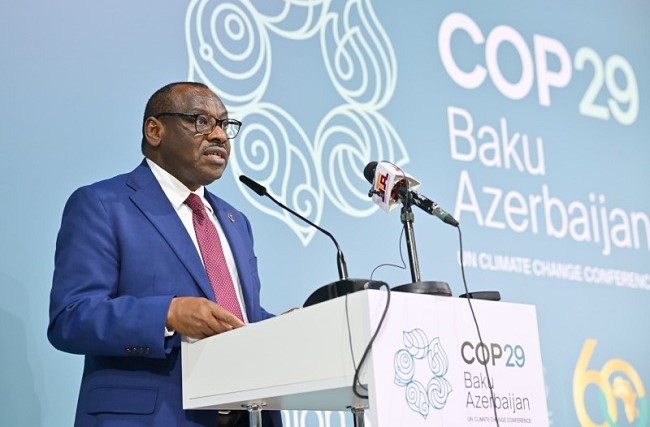From Monday, March 17 to Thursday, March 20, 2025, Ghana is hosting a gathering of science, health and communication experts to deliberate on and contribute to innovative scientific exploits for Africa’s health sector.
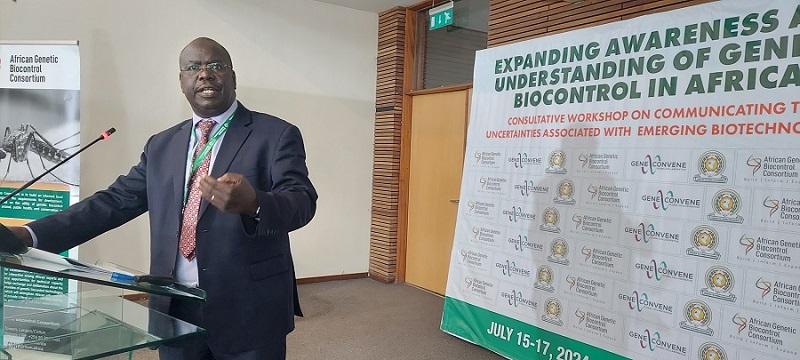
The over 150 African national and international professionals from scientific institutions, academia, pharmaceuticals, biotechnology researchers, development and clinical organisations as well as science communicators would be brainstorming on new and emerging genetic biocontrol technologies that can tackle vector-borne diseases such as malaria, by sharing experiences and lessons across diverse disciplines related to genetic biocontrol technologies.
The four-day gathering is the 2nd Global Congress in Africa on new and emerging genetic biocontrol technologies. The 1st Global Congress was held in Nairobi, Kenya in August, 2023.
Ghana’s National Biosafety Authority (NBA) and the African Genetic Biocontrol Consortium (The Consortium) are jointly organising this 2nd Congress on the theme: “Harnessing genetic biocontrol potential solutions in a changing climate.”
Expert presentations and discussions will focus on topics including: “Expanding Capacity for Research, Development, and Use of Genetic Biocontrol Approaches in Africa;” “Malaria Control & NMCP Perspective of New Tool Introduction;” “Innovations and Implications in Vector Control;” “Requirements for Safe and Secure Development for Genetic Biocontrol Studies;” and “Regulatory and Decision-Making Processes for Genetic Biocontrol”.
This will be preceded by three parallel courses on: “Regulatory Frameworks and Decision-making Processes for Emerging Biotechnologies;” “Communicating Genetic Biocontrol Technologies;” and “Principles & Practices of Biosafety and Biosecurity for High Containment Facilities.”
Head of The Consortium, Dr. Willy Tonio is optimistic that it would be an engaging and stimulating event,
“focusing exclusively on the topic of genetic biocontrol and will serve to encourage cooperation, collaboration, communication as well as new and exciting science at a time, when new technologies such as gene drive and Wolbachia induced cytoplasmic incompatibility are being developed.”
In a pre-congress interview, he observed that the uniqueness of this 2nd Congress lies in the range of participants including researchers who are investigating genetic systems with potential applications to genetic biocontrol with technology developers and those implementing genetic biocontrol strategies to share knowledge, foster new research, compare lessons-learned and develop best practices.
“This Congress will feature discovery research along with technology development and ongoing operational experiences of those moving existing technologies to the field and bring those working on insects, plants, fish, mammals, and other organisms together,” he explained, adding that “this is an opportunity to bring researchers, developers, and practitioners together so that future genetic biocontrol activities will take place within a community with shared interests and values.”
The Chief Executive Officer of Ghana’s NBA and Chairman of the Local Organizing Committee for the 2nd Congress, Kwame Dei Asamoah-Okyere, touched on the African centredness of the Congress in relation to the pre-congress courses in a telephone interview.
“The course will provide an introduction to the technical, regulatory, ethical and policy aspects of genetic biocontrol products like gene drives and gene editing from the African context,” he stated, and assured participant that the courses would be interactive and engaging.
Also, on the Africaness of the Congress, President of the 2nd Congress, Dr Misheck Mulumba says The African Genetic Biocontrol Consortium was established as an agreement among member organisations “committed to contribute and to expand African self-determination of the course of research, development, and use of Genetic Biocontrol approaches for animal, public health and for conservation of wildlife and the environment in Africa.”
In a statement, he recalled that The Consortium was officially launched on November 30, 2020 by not-for-profit member organisations based in Africa including the Africa One Health Network (AfOHNet), Africa Biological Safety Association (AfBSA), The Multilateral Initiative on Malaria (MIM), Network of African Science Academies (NASAC), Pan-African Mosquito Control Association (PAMCA) and the GeneConvene Global Collaborative (GeneConvene).
Dr. Mulumba explained that The Consortium works with a variety of stakeholders and collaborators to advance best practices and informed decision-making for development of genetic biocontrol technologies to improve public health.
So, The Consortium has since its inception been providing a platform for interaction among African experts and institutions to enhance opportunities for technical capacity strengthening, knowledge exchange and deliberation about the challenges and opportunities of genetic biocontrol technologies for the public good, which will strengthen African influence on their development and provide critical input for decision-making by product developers, policy makers, and other stakeholders.
This posture of The Consortium and focus of the Congress is in line with Aspiration 1 of Agenda 2063 – Africa’s 50-year strategic plan of action and blue print for the continent’s development, adopted at the 24th Ordinary Assembly of the Heads of State and Governments of the AU in January 2015, in Addis Ababa, Ethiopia. Aspiration 1 captures the need for Africa to view science, technology, research and innovation as an important tool towards her socio-economic transformation.
Agenda 2063 is further supported by the 10-year blue print to achieve science and technology innovation in Africa, the “Science, Technology and Innovation Strategy for Africa 2024” (STISA), a policy adopted for systematic implementation of activities from 2014 to 2024, which has now been extended for another 10-year period from 2024 to 2034 for all member countries to adopt and implement.
By Ama Kudom-Agyemang

